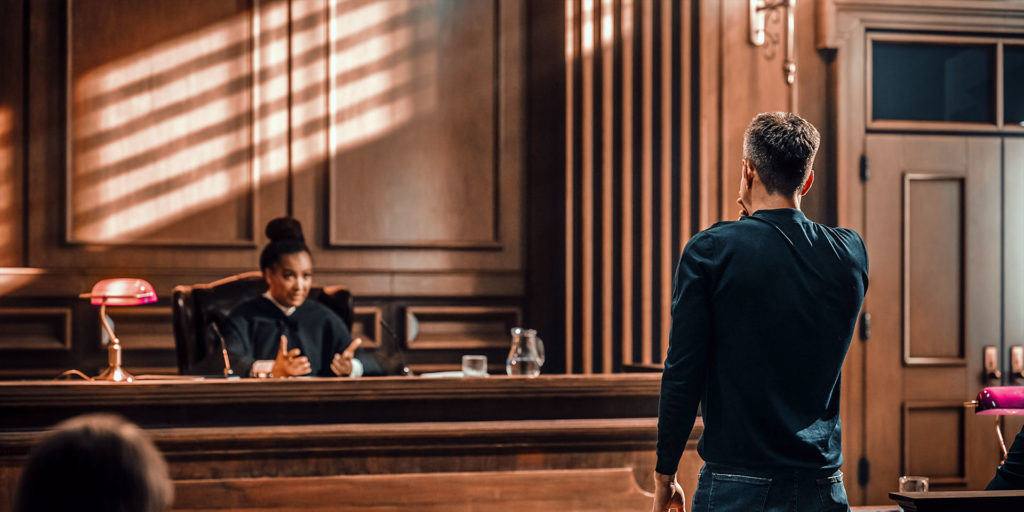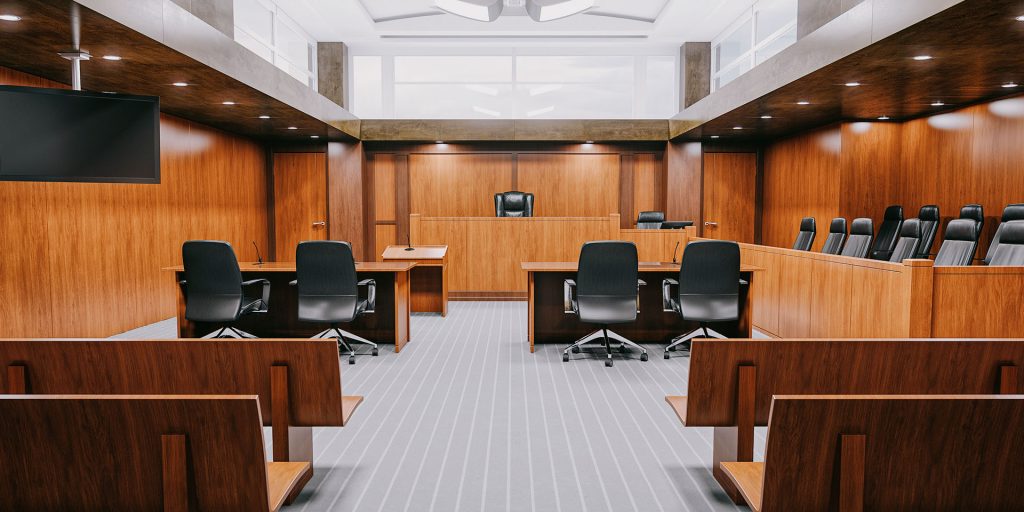If you have been accused of a criminal offence or are under investigation for participating in a crime, one of the first steps you should take is to talk to a lawyer. However, selecting the right criminal lawyer is no easy task.
Before you book your initial consultation, we recommend doing some research and preparing to ask your potential criminal defence lawyer some key questions. The purpose of the first meeting is to determine whether the lawyer has the necessary experience to handle your case and whether you believe they’ll be a good fit for you.
Here is a list of 11 questions to ask a criminal defence lawyer, along with tips and recommendations.
Key Questions to Ask A Criminal Lawyer
Is it necessary to hire a criminal defence lawyer for my case?
Some people might think hiring a lawyer is unnecessary for some criminal charges. However, criminal law in Canada is complex, and having an experienced lawyer specializing in criminal law to guide you through the legal system can make all the difference in your outcome.
Tip: The decision to hire a lawyer can be made after having your initial consultation with a criminal lawyer. This gives you the opportunity to understand more about your specific circumstances and how a lawyer may be able to help.
What is your experience in criminal law?
If you are facing criminal charges, you don’t want to put your matter in the hands of a general practice lawyer. Criminal lawyers specialize in criminal law and are prepared to represent and defend you. You need a lawyer who understands the criminal justice system and is familiar with bail, criminal trial procedure, and trial strategy. A criminal lawyer has experience with criminal cases, knows what approach to take, how to speak to prosecutors and address the Courts. They are familiary with criminal procedure and criminal defences and they know what strategies to use to win your case.
Tip: Do some online research. If you don’t see any information related to criminal law on their website, it’s likely that they’re not the right lawyer for you.
Do you specialize in any area of criminal law?
Many criminal offence lawyers specialize in particular types of offences. For example, a criminal lawyer may specialize in impaired driving, another in drug possession charges, or sexual assault defence.
It is appropriate for a client to inquire about the lawyer’s experience during the initial consultation. We advise you to find a lawyer who has represented defendants charged with the same or very similar offences. Visit our areas of practice to learn more about our experience with different offences.
How many similar cases have you represented, and what was the outcome?
If you are facing severe criminal charges, you do not want to entrust your freedom to a lawyer unfamiliar with your criminal charges. When interviewing a criminal lawyer, look for someone with a lot of experience with the specific crimes you’ve been charged with.
Remember that you should not hire a lawyer who refuses to discuss trial strategy or responds to your questions with vague answers.
How would you defend me?
Each lawyer has their own style. However, a good criminal lawyer will be able to explain what their strategies are to defend you. After their assessment of your matter, a good criminal defence lawyer will discuss the defense strategies that they believe will be most effective. This may include challenging the evidence, questioning witnesses, or negotiating a plea bargain. A good lawyer will also answer any questions you may have about your case, including the potential costs of legal representation, the timeline of the case, and the likelihood of success.
How often do your cases go to trial?
A criminal trial may be held depending on the nature and seriousness of the charge. If you expect your case to go to trial, you should hire a criminal lawyer who has trial experience in criminal litigation in court. You might be surprised by the fact that a significant number of lawyers never go to court. Not all criminal lawyers have experience in trials, but our experienced lawyers at Davidson Gregory can handle these types of cases.
What kind of network and access to resources can you provide?
Experienced criminal lawyers will be able to demonstrate their network of professional relationships with prosecutors, judges, and court staff. A lawyer’s network is beneficial in determining what types of plea bargains or other legal arrangements are available to you. Furthermore, successful lawyers will be able to connect you with other specialists and share critical criminal defence resources that will help you understand your case. This includes the use of experts who may testify in your trial.
Will you be handling my case? If not, who will I work with directly?
When you hire a criminal lawyer who is a solo practitioner, you can be certain about who will be working on your case. However, when hiring a law firm with multiple lawyers, it’s good to ask questions about who will be handling your case and what their skills may be.
A team approach at a criminal defense law firm involves multiple lawyers and support staff working together to provide comprehensive legal representation for their clients. This approach allows the firm to leverage the diverse skills and experience of their team members to provide the best possible defense for their clients.
The team at Davidson Gregory uses a team approach, which allows our firm to provide comprehensive and effective legal representation for their clients. By leveraging the diverse skills and experience of their team members, they can handle even the most complex criminal cases with confidence.
How much will I be charged for my case?
Never be afraid to inquire about the fees for legal representation. To avoid surprises, it is critical to understand how and when you will be charged. A professional criminal lawyer will explain their billing and fee structure and help you estimate how much you should expect to pay for his services.
Tip: Some criminal lawyers charge by the hour, others by retainer, or some may have a fixed fee structure. It is important to understand how they charge. A good criminal lawyer understands the financial strain of a criminal case and will often allow you to make installment payments after you pay the initial retainer.
How and how often do you communicate with your clients?
Criminal legal matters can take weeks, months, or even years, so it is important to maintain open lines of communication with your criminal defence lawyer. The best criminal defence lawyers will stay in touch throughout the process and update you about your case when necessary.
Tip: Exchange contact information and ensure you understand their preferred mode of communication. A competent criminal lawyer should be able to schedule in person meetings or meeting by Zoom and should be able to communicate by email, text and phone.
Key Takeaways for Finding An Experienced Criminal Lawyer
Do your research on who will be representing you. When finding the right criminal defence lawyer, you want to ensure that they have the knowledge and understanding of the legal system to ensure you get reliable representation.
Are you looking for an experienced criminal lawyer in Edmonton? At Davidson Gregory, we have decades of experience helping clients navigate their legal matters with a practical and thorough defence. Contact Davidson Gregory for criminal defence representation now.





